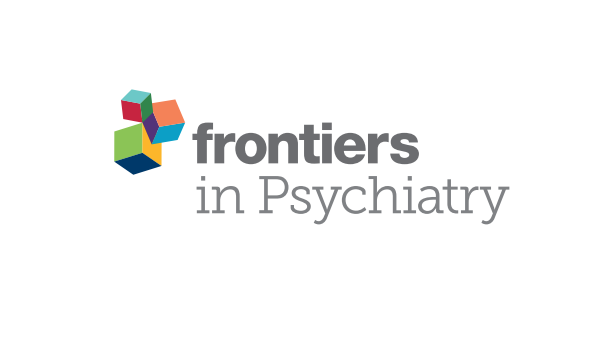 “Alzheimer’s Dementia (AD) is a devastating neurodegenerative disease that affects approximately 17% of people aged 75-84. Neuropsychiatric symptoms (NPS) such as delusions, agitation, anxiety, and hallucinations are present in up to 95% of patients in all stages of dementia. To date, any approved and effective pharmacological interventions for the treatment of NPS are still not available.
“Alzheimer’s Dementia (AD) is a devastating neurodegenerative disease that affects approximately 17% of people aged 75-84. Neuropsychiatric symptoms (NPS) such as delusions, agitation, anxiety, and hallucinations are present in up to 95% of patients in all stages of dementia. To date, any approved and effective pharmacological interventions for the treatment of NPS are still not available.
We describe a clinical case of a female patient diagnosed with AD with continuous cognitive decline and dementia-related behavioral symptoms. Between 2008 and 2019, the patient was examined half-yearly at the memory clinic of the Medical University of Innsbruck. At each visit, cognitive state and pharmacological treatment were evaluated. In addition, NPs were assessed by using the neuropsychiatric inventory (NPI). In 2018, the patient progressed to severe AD stage and presented with progressive NPs (anxiety, suspected delusions, agitation, aggressive behavior, and suspected pain due to long immobility).
Consequently, off-label treatment with low-dose dronabinol was initiated, which facilitated a reduction of psychopharmacological treatment from six to three psychotropics. At the same time, the patient’s emotional state improved, while disruptive behavior, aggression, and sedation decreased significantly. This case report underpins the need for randomized, controlled trials to explore the effect of cannabinoid receptor agonists on behavioral and psychological symptoms in patients with severe AD.”
https://pubmed.ncbi.nlm.nih.gov/32477187/
“Cannabinoids have a distinct pharmacologic profile that may offer an alternative pharmacologic approach to antipsychotics and sedatives for treating NPs in patients with AD. In addition, the beneficial effect on appetite and pain may significantly improve quality of life of AD-patients and their caregivers.”
https://www.frontiersin.org/articles/10.3389/fpsyt.2020.00413/full


 “Alzheimer’s disease (AD) is a neurodegenerative disorder which accounts for 60-70% of the 50 million worldwide cases of dementia and is characterised by cognitive impairments, many of which have long been associated with dysfunction of the cholinergic system.
“Alzheimer’s disease (AD) is a neurodegenerative disorder which accounts for 60-70% of the 50 million worldwide cases of dementia and is characterised by cognitive impairments, many of which have long been associated with dysfunction of the cholinergic system. “This study was to discuss the research trend of dementia treatment using cannabis for the purpose of providing the basis of cannabis use for medical purposes in the future.
“This study was to discuss the research trend of dementia treatment using cannabis for the purpose of providing the basis of cannabis use for medical purposes in the future. “In 2016, the global number of individuals living with dementia was 43.8 million, representing a 117% increase from 1990-mainly due to increases in aging and population growth.
“In 2016, the global number of individuals living with dementia was 43.8 million, representing a 117% increase from 1990-mainly due to increases in aging and population growth. “Chronic cerebral hypoperfusion (CCH) is a major contributor to cognitive decline and degenerative processes leading to Alzheimer’s disease, vascular dementia, and aging. However, the delicate mechanism of CCH-induced neuronal damage, and therefore proper treatment, remains unclear.
“Chronic cerebral hypoperfusion (CCH) is a major contributor to cognitive decline and degenerative processes leading to Alzheimer’s disease, vascular dementia, and aging. However, the delicate mechanism of CCH-induced neuronal damage, and therefore proper treatment, remains unclear. “The aim of this work was to enhance the acetylcholinesterase (AChE)-inhibitory activity of a pepsin-produced
“The aim of this work was to enhance the acetylcholinesterase (AChE)-inhibitory activity of a pepsin-produced 
 “Neuropsychiatric symptoms (NPS) in dementia impact profoundly on the quality of life of people living with dementia and their care givers. Evidence for the effectiveness and safety of current therapeutic options is varied.
“Neuropsychiatric symptoms (NPS) in dementia impact profoundly on the quality of life of people living with dementia and their care givers. Evidence for the effectiveness and safety of current therapeutic options is varied.